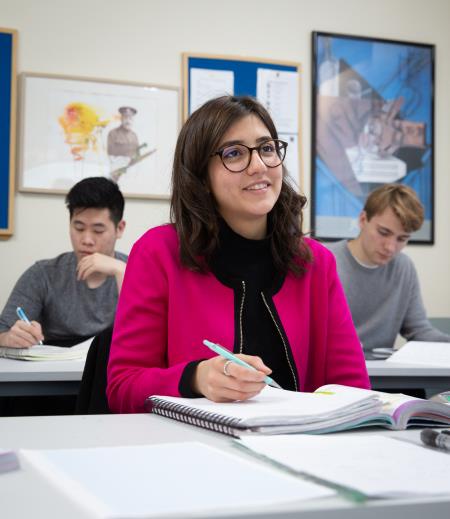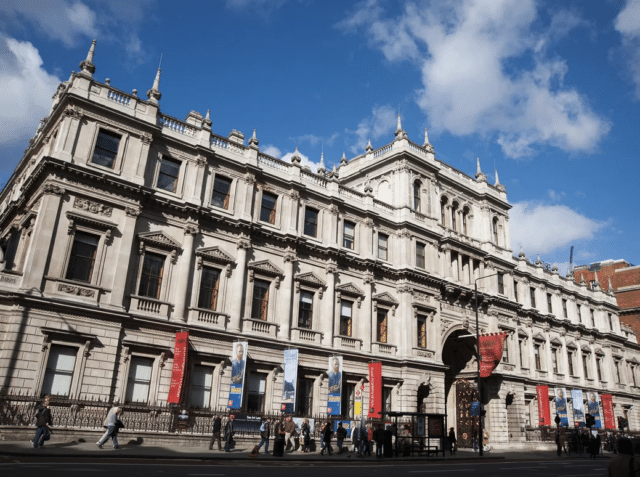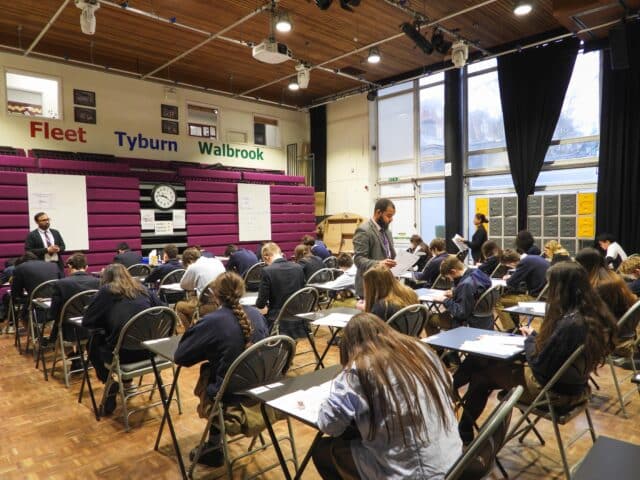Related articles
With the UCAS deadline for Oxbridge applications fast approaching on 15th October 2020, we speak with Mr Morgan Jackson, Teacher of English at Kensington Park School, who has been helping to prepare our Year 13 students who are applying for Oxford and Cambridge courses this year.
How do you support students deciding between Oxford and Cambridge? What are the key differences between the two universities?
For those deciding between Oxford and Cambridge, I start with a simple question: what are you most passionate about in your chosen field? From there, it is much easier to navigate which university would be better suited. English Literature at Cambridge, for example, is very fluid and doesn’t follow a structured reading syllabus; Oxford’s English Literature Department, by contrast, is very structured and historically orientated. If a student isn’t keen on spending a year reading Early Medieval Literature, then I would suggest Cambridge is more suited. Academic departments at Cambridge and Oxford have very different sets of specialists and specialisations, and students must therefore think carefully about what they want to specialise in and which university is better aligned with that speciality.
What do you believe are the key elements that make a successful Oxbridge application?
Whilst there is no magic formula for securing an offer, there are certainly some key elements that will strengthen a student’s application. In my experience, the most important thing is passion. Oxbridge students are some of the most motivated and intellectually inquisitive people I have ever met. You have to truly love what you are studying and you need to be genuinely curious about the world around you. You will be interviewed by academics who have devoted their lives to the study of their chosen discipline, and they want to find applicants who will also live and breathe their subject and eventually, perhaps, also contribute to the field. Of course, securing top GCSE and A-level grades is essential, but the best way to make your application stand out is to show your genuine love for and commitment to your subject by engaging with it outside the classroom, whether through wider reading, work experience, volunteering, or an extended project, to name just a few examples.
How does Kensington Park School support those applying for Oxford and Cambridge?
Kensington Park School’s greatest asset in supporting those applying for Oxford and Cambridge is certainly its staff and their resources. The teachers at Kensington Park School are by far some of the most experienced in London, both from a professional and pastoral point of view. Not only have many of the staff taught at some of the most competitive schools in the UK, but they themselves hold academic qualifications from leading universities and institutions, both in the UK and beyond. Each staff member is a scholar in their own right, and this creates a unique learning environment as KPS students engage with teachers who are leaders in their fields, exposing them to contemporary academic polemics and expert level content. As a small school, KPS is also able supports those applying to Oxford and Cambridge with one-to-one support, for example, with personal statements, mock interview and exam practise. Each student has a personal tutor who will guide them in making academic and co-curricular decisions. KPS also runs a range of academic enrichment programs. I am currently running a literary theory programme, for example, which introduces students to some of the most contended and highly debated theories in research. This is not only an additional boost for those sitting the English Literature A-level, but challenges and supports prospective Oxbridge applicants, equipping them with the knowledge of conceptually difficult topics which they may face during their Oxbridge entrance exam or at interview.
What advice do you have for those hoping to make an application to Oxford or Cambridge?
The best advice I could give to anyone hoping to make a successful application to Oxford or Cambridge is to be passionate about your chosen subjects. Choose a subject you genuinely want to study; read as much as you possibly can, and not just about but ‘around’ the subject. Secondly, practice makes perfect! While you don’t want to sound rehearsed at interview, it is important to become comfortable in discussing and debating your subject and voicing and justifying your opinions. For those subjects with entrance assessments, whether at interview or before, it is also important to familiarise yourself with what is expected and the format and requirements of the test. You can find example tests on the Oxford and Cambridge websites and for essay-based subjects, you should practice writing timed essays. Finally, prepare yourself for hard work; both at the application stage, sitting the A-level exams, and beyond. There are lots of stages involved in making a successful application to Oxford or Cambridge, but it is also important to mentally prepare yourself for the amount of work that will be required once you secure an offer. Be passionate, be inquisitive, work hard, and welcome challenges with open arms!
Read more about how our Sixth Form prepares students for university with guidance and workshops.






